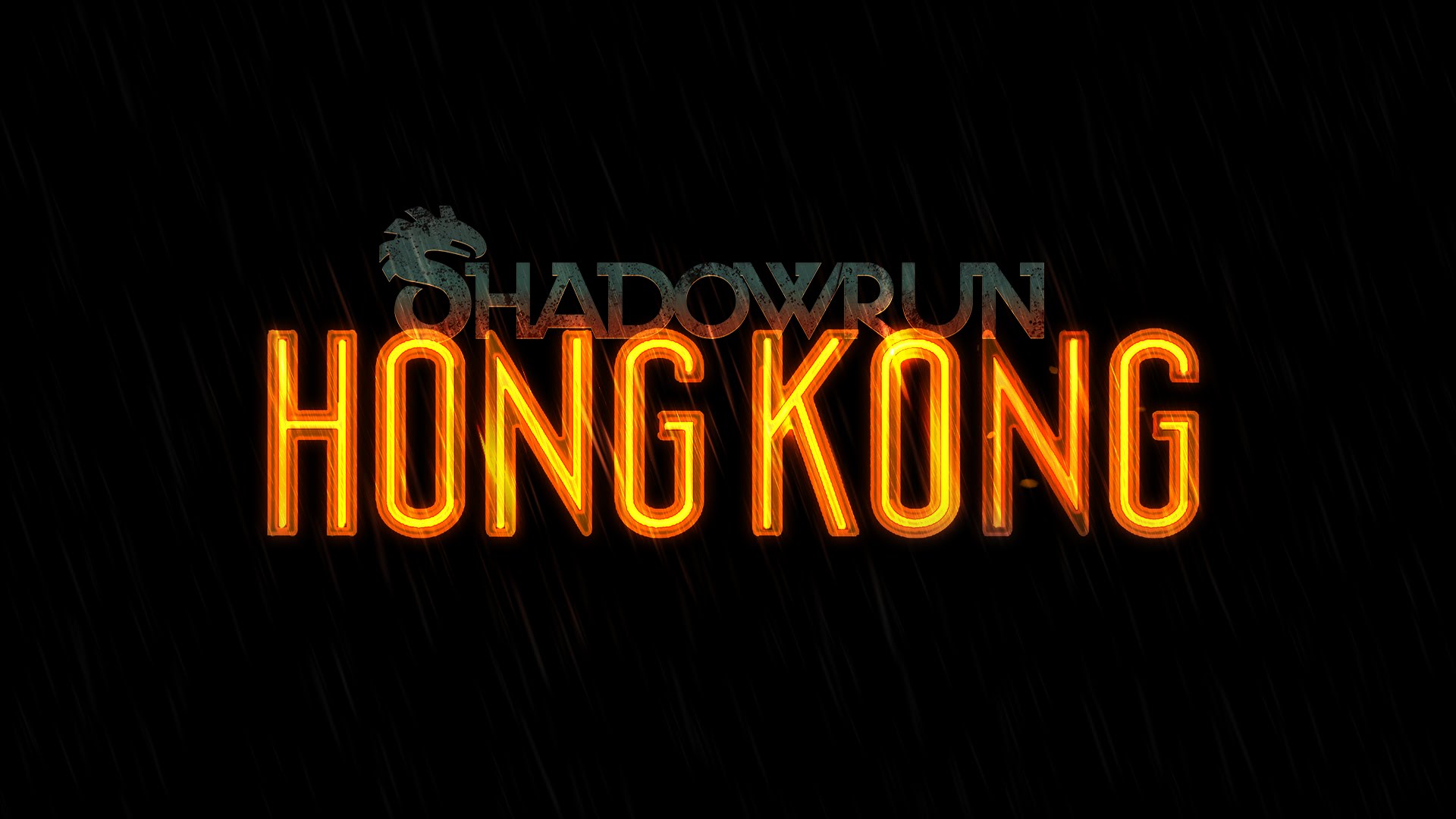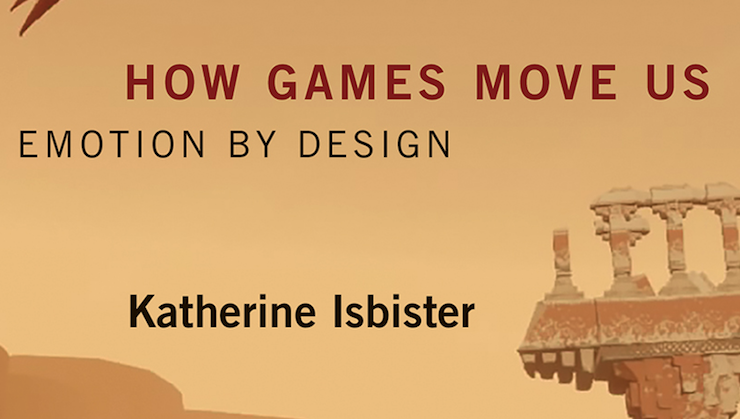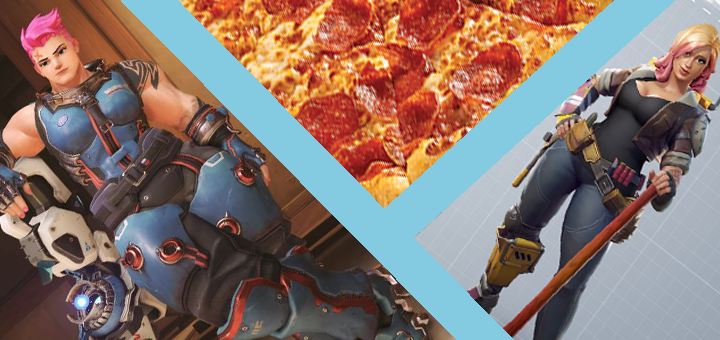We’ve been talking a lot about Tauriq Moosa’s recent Twitter hiatus, because of the far-reaching potential. Personally, I’m unable to equate my experience with Moosa’s experience because I’m a white female on the Internet and not a person of color. I can’t possibly understand his experience with blanket negativity and outrage culture, only he can express that. I’ve never been attacked for being black, queer, and so on. I’ve never been attacked for just being, but I was attacked for supporting him and his temporary leave from Twitter. I want to share my own personal experience with blanket negativity because it’s ugly, honest, and it may help others.
Often, people write off negativity online as just words. How can words hurt that much? For some of us, it’s different. The debilitating panic resulted in tight muscles and a sick belly. I was curled up, a contorted thing, on the floor of a hotel bathroom with my mobile device in hand. Whenever my phone chirruped, alerting me to another angry tweet, I’d grimace as I read the hurtful line of text. I found myself slithering closer and closer to the toilet bowl. My boyfriend, a darling person, gently knocked on the bathroom door and asked if I was ill. I told him I wanted nothing more than to deactivate my Twitter account and hole up in the bathroom for the remainder of the morning. The hostility was so intense and overwhelming. Was it unwarranted? Why was I letting it get under my skin? In that moment of blinding panic, I thought it was better to be silent than to voice my opinions and thoughts. Though I’m very much aware of my anxiety disorder, having dealt with this beast for most of my life, I haven’t experienced a panic attack to that degree in a long time. The emotional pain took a turn for the physical and it was truly awful.
My first major experience with blanket negativity was a rough one. It led me to consider blanket negativity on a larger scale, its repercussions, and its connections with outrage culture. So what is blanket negativity? I see it as an overwhelming amount of negativity (by negativity I mean angry comments, hostile messages, and so on) that funnels into one person or a targeted group of people. It usually occurs in a intangible space (the world wide web) and is intended to make the attacked feel vulnerable, wrong, and inferior. The term itself is interesting to me because when I envision a blanket, I think of it as a comfort item or a symbol of innocence and childhood. However, blanket negativity adopts a different meaning altogether in that it suggests a kind of smothering in 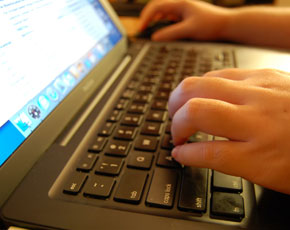 an inescapable space. It’s an overpowering experience and I don’t ever wish it on anyone.
an inescapable space. It’s an overpowering experience and I don’t ever wish it on anyone.
I often find myself fighting with the inner urge to skedaddle and hide from conflict. It’s the fight or flight reaction (I’m more prone to the flight). I can only speculate as to why I respond to negativity and anger in this way. Personally, I believe it boils down to a haphazard combination of living with an anxiety disorder and also living life as a woman. I apologize far too much and sometimes I feel as though my very existence is an inconvenience to others. It’s far easier to live life in complete silence than it is to live life fighting for a voice. Later in life, I jotted down an encouraging quote from Firefly (long live its memory) on a scrap of paper and carried it around with me. Wrinkled and curled at the edges from years of living in the crevices of my purse, the paper served as a physical reminder to speak up and acknowledge my worth:
“More than 70 Earths spinnin’ about the galaxy and the meek have inherited not a one.”
It all happened incredibly fast. The surge of anger was overwhelming but nothing could prepare me for the even larger surge of anxiety that assaulted almost every part of my body. I had sent out a couple of tweets about Moosa leaving Twitter and my increasing frustration with online harassment. I had used the IStandWithTauriq hashtag. In a matter of minutes, I faced a growing number of verbal attacks from hostile individuals. A handful of people accused Moosa of being a racist critic while others devalued my intelligence and worth. I was reduced to a mere thing, a Moosa follower. I’ll never understand why I was attacked by strangers who know next to nothing about me. Is it inherently wrong to support Moosa and his brief departure from Twitter? Am I not supposed to speak out against harassment of people of color? It seems like common sense to me and a battle damn well worth fighting.
I understand Moosa’s passion for critiquing pop culture because I critique pop culture myself. It’s not easy being a writer, especially a critical writer, because no matter how well researched or well intentioned the author is, there will always be readers who misread or misinterpret the text. Writers sometimes make mistakes and the response to those mistakes is often aggressive and at times downright mean. An engaging dialogue usually gets the job done but the knee jerk response tends to be outrage of some kind. As if someone took a sledgehammer to a mirror, I came apart in fragments after reading only a couple of stabbing comments. I couldn’t even fathom what Moosa, a well known blogger and person of color, endured. The Internet can be such a wonderful tool but it can also be a cesspit of despair and extreme hostility.
 It’s difficult for me to separate blanket negativity and outrage culture. They really operate as a singular entity. When an individual experiences blanket negativity, they also experience outrage culture. I don’t think outrage culture (also known as mob justice) can be tacked onto one specific person or another. It’s more of a catching mindset, a collective or collaborative effort, a kind of groupthink. We all feel rage from time to time because we’re human but when does it go too far? Are we no longer able to empathize with others or scale back our anger? Why do disagreements intensify to the point of threatening death and rape? Outrage culture is hyperbolic in nature in that it feels overblown for the sake of being overblown. It’s the removal of empathy and the rawness that makes us human.
It’s difficult for me to separate blanket negativity and outrage culture. They really operate as a singular entity. When an individual experiences blanket negativity, they also experience outrage culture. I don’t think outrage culture (also known as mob justice) can be tacked onto one specific person or another. It’s more of a catching mindset, a collective or collaborative effort, a kind of groupthink. We all feel rage from time to time because we’re human but when does it go too far? Are we no longer able to empathize with others or scale back our anger? Why do disagreements intensify to the point of threatening death and rape? Outrage culture is hyperbolic in nature in that it feels overblown for the sake of being overblown. It’s the removal of empathy and the rawness that makes us human.
I tend to operate under the assumption that most people don’t enjoy getting yelled at or antagonized for having an opinion or reaction. It’s an ugly feeling, really. The Internet is an intangible space where anonymity reigns and empowers. I often compare the Internet to a paper screen that people can conceal themselves behind and throw shadow figures upon. The veneer is thin and breakable, the shadow figures an illusion. Anonymity can be a beautiful but dangerous thing because it grants the user some form of power to behave in any way they please (even if that means threatening or generally devaluing others). It really saddens me to think how much anger people store within their bodies and souls. I care less about pointing the finger and more about its negative effects on various communities, targeted individuals, and so on.
I’m not personally acquainted with Moosa but I’m familiar with his work. I don’t hold any ill will against him because he’s a stranger nor do I take personal offense to his writing. If anything, his articles open my mind to perspectives and ideas that differ from my own. He received serious backlash after the publication of his Polygon article, a piece that focused on the lack of diversity in The Witcher 3. His article raised a few important questions for me. What’s wrong with wanting to see someone like yourself in a videogame? Is it really so uncommon a desire? I understand craving that connection and experience or lamenting the lack of it.
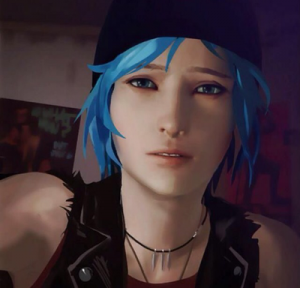 I wanted more than anything to experience a game that focused on relationships among women and, luckily, I found that connection in Life is Strange and reveled in it. I saw my younger self in those characters but, I have to admit, I’m more of a Max Caulfield than a Chloe Price. Though I wanted to be as cool as Chloe Price, with her blue hair and snarky attitude, I was too quiet and unsure of myself. It was a humbling experience and one I’ll likely never forget. It felt more like a gift than anything else.
I wanted more than anything to experience a game that focused on relationships among women and, luckily, I found that connection in Life is Strange and reveled in it. I saw my younger self in those characters but, I have to admit, I’m more of a Max Caulfield than a Chloe Price. Though I wanted to be as cool as Chloe Price, with her blue hair and snarky attitude, I was too quiet and unsure of myself. It was a humbling experience and one I’ll likely never forget. It felt more like a gift than anything else.
I’m glad Moosa temporarily left Twitter because I’m a big advocate of self care. It was an admirable if not brave move on his part. The Internet can be a cruel and sometimes unsafe space for people, especially for women and people of color. As someone who had a panic attack on the bathroom floor because of a handful of verbal attacks, I understand the overwhelming pressure of blanket negativity and the need for distance. Being targeted is an isolating experience. We’re only human. We can only bear that emotional weight for so long.
This intimate experience with blanket negativity failed to ruin or silence me. The experience was indeed a painful one but it won’t stop me from continuing my analytical or creative work. There’s nothing wrong with disagreements, so long as it invites or spurs dialogue. The thing about blanket culture is the dismissal of the living, breathing human behind the screen. Words can really cripple and maim a person. At the end of the day, personal responsibility needs to be recognized and taken into account. Lastly, we can all benefit from redefining what weakness is or how it’s interpreted. Here’s a collection of Moosa’s tweets regarding the cultivation of empathy and the recognition of privilege, which I find to be informative and genuine. It may help put things in perspective.


